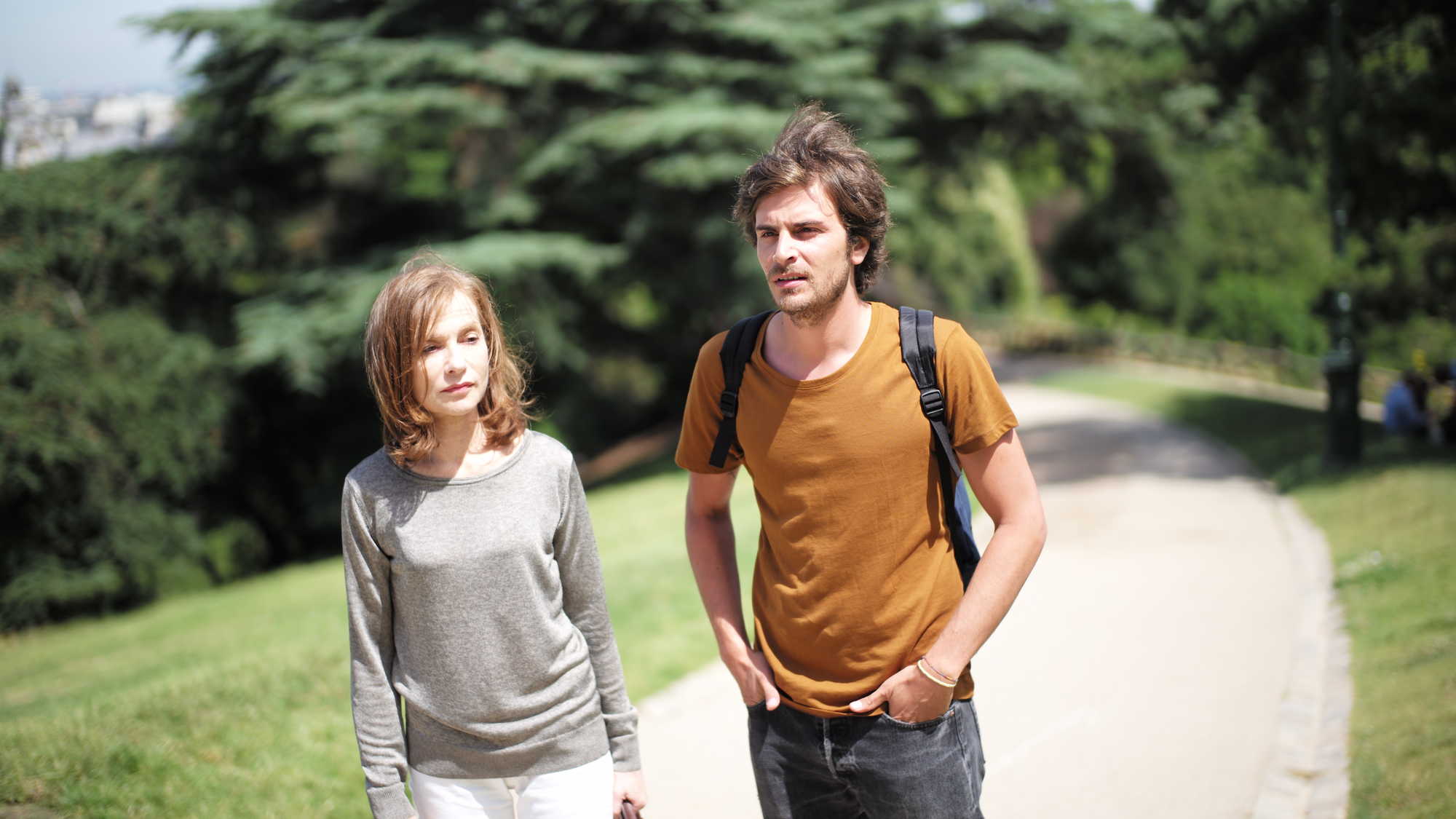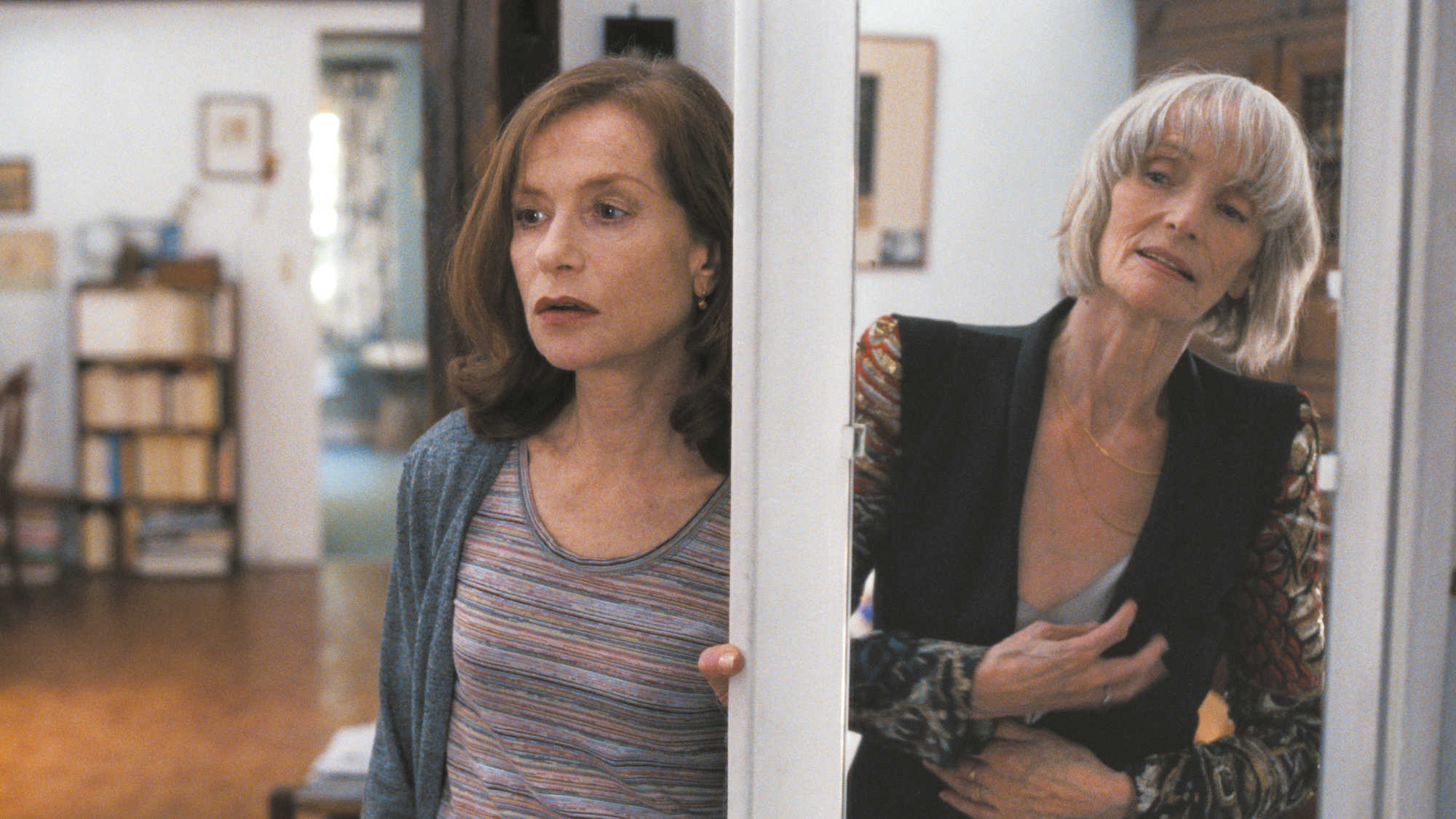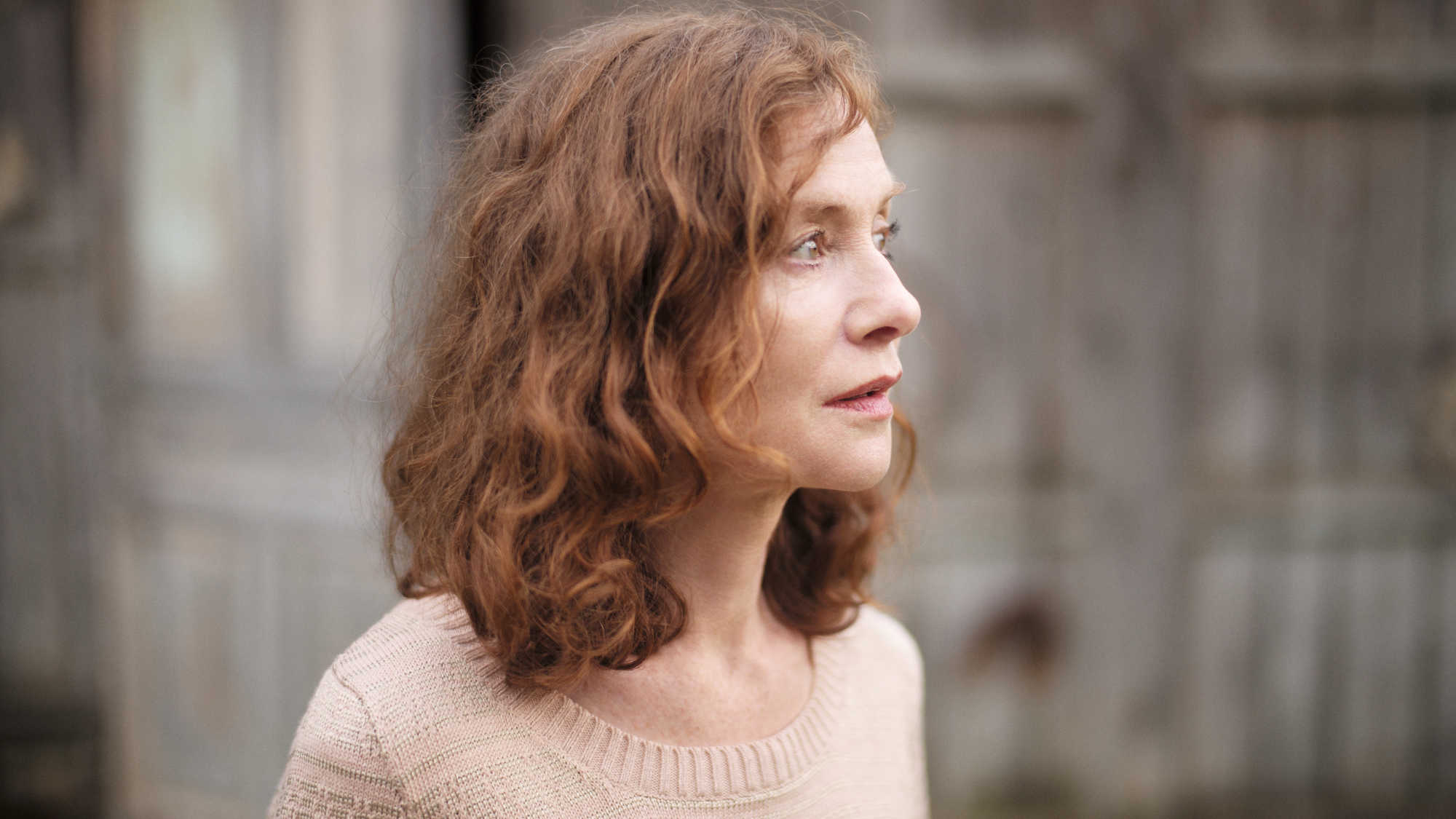Isabelle Huppert essays a self-possessed woman confronting unexpected changes in her life and work in Mia Hansen-Løve’s heartfelt and perceptive portrait of middle age.





No festival should be without a superb Huppert performance, and Mia Hansen-Løve’s insightful, literate and moving drama gives her sterling material to work with.
Screened as part of NZIFF 2016
Things to Come 2016
L’avenir
Isabelle Huppert is in mesmerising form as Nathalie, a philosophy teacher in her 60s withstanding a succession of hurtful losses and tempering a lifetime’s self-assurance with admirable composure.
“A wondrously assured look at a philosophy teacher going through what might be described as a mid-life crisis… were it not for the stoic fortitude and keen appetite for life with which she responds to whatever befalls her… Mia Hansen-Løve creates and sustains a light, delicate tone while never downplaying the difficulties of an unexpected, unwanted life-change. She’s helped enormously by a supremely witty, touching, utterly truthful performance by Isabelle Huppert as the protagonist – though the rest of the cast lend more than sterling support.” — Geoff Andrew, Sight & Sound
“The film oozes with such effortless alchemy between director and actor that it’s hard to believe Mia Hansen-Løve, who also wrote the script, is not more advanced in years (the writer-director is still only 35). She does, however, draw directly from her experience of growing up with philosophy teachers as parents to provide this book-laden corner of Parisian upper-middle-class life with its stamp of authenticity – and humor…
Due in no small part to the strength of Huppert’s subtly emotive performance, the manner in which Nathalie simply carries on without carrying on (i.e.: without suffering a total breakdown) is so refreshingly… female… Ultimately she finds solace and security in her books and her ideas – in short, in herself.” — Emma Myers, Brooklyn